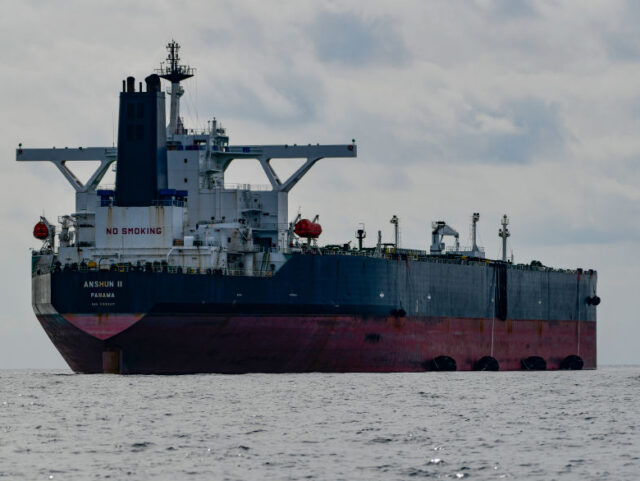Ukraine says it considers all Russian transport vessels in the Black Sea legitimate targets, the “weakest link” in Russia’s supply lines, just days after President Zelensky threatened Russia would have no navy left if they kept attacking his country.
Russian ports and ships, including those exporting oil from Russia, are military targets Ukrainian President Volodymyr Zelensky’s economics advisor has said, according to Politico. The step to strike further away from Ukraine’s coasts is part of the fallout from Russia blowing up the grain deal that provided a safe corridor for merchant ships to carry Ukrainian exports out of the Black Sea last month: Ukraine says these developments are revenge.
Per Politico, Zelensky Advisor Oleg Ustenko said: “Everything the Russians are moving back and forth on the Black Sea are our valid military targets… This story started with Russia blocking the grain corridor, threatening to attack our vessels, destroying our ports.
“Our maritime infrastructure is under constant attack.”
In July, Ukraine declared Russia’s Black Sea ports areas of military activity, causing the insurance premiums of merchant shipping in those areas to soar, making dealing with Russian commerce more expensive for outsiders. Ukraine’s declaration stated: “all vessels in the Black Sea waters, heading to the ports of the Russian Federation or to the temporarily occupied ports of Ukraine, may be considered for risk assessment as vessels carrying a military cargo.”
The remarks come as President Zelensky himself spoke about the threat to the Russian Navy this week, and the British Ministry of Defence noted Ukraine for having successfully exploited surface combat drones in the maritime sphere to attack Russian ships.
President Zelensky made his comments in an interview on Monday, Ukraine state media organisation Ukrinform announced, when he said Ukraine had to assert its right to navigate the Black Sea. He continued:
“If Russia continues to dominate the Black Sea and block it with missiles, then Ukraine will do the same, which is a fair defense… If they continue to shoot, we don’t have many weapons, but if they continue to shoot, they may be left without ships until the end of the war.”
While Russia has a considerable conventional navy, it has limited ships in the Black Sea which can only be reached — except by exceptional means — through the Bosphorous, which is controlled by Turkey. Ukraine has been exploring newly developing avenues of sea battle to turn this into an advantage, and is seeing increasing results from its use of surface drones.
Essentially remote-control speedboats loaded with explosives, Ukraine has been releasing more combat footage of the drones in action, with notable recent successes including seriously damaging — although not sinking — the Cold War era large landing ship Olenegorsky Gornyak and damaging a tanker used to carry aviation fuel.
The emergence of drones as a major component of surface warfare at sea is reminiscent of the 19th century Jeune École, a school of military thought which advocated the deployment of small, fast, heavily armed boats to swarm and overwhelm the otherwise insurmountably powerful battleships of the enemy. The UK’s Ministry of Defence, in one of their periodical intelligence digests said of Ukraine’s drone usage this week: “The attacks show that USV [drone] operations are increasingly a major component of modern naval warfare and can be turned against the weakest links of Russia’s sea supply lanes.”

COMMENTS
Please let us know if you're having issues with commenting.